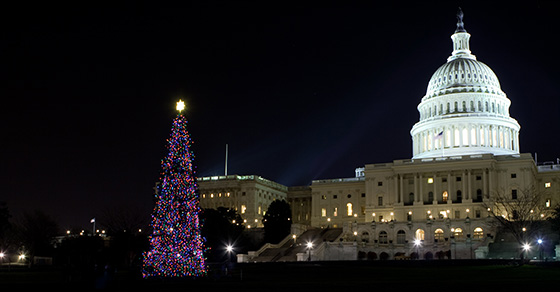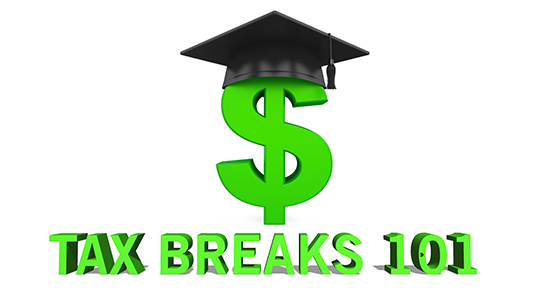
The economic impact of the novel coronavirus (COVID-19) is unprecedented and many taxpayers with student loans have been hard hit.

The economic impact of the novel coronavirus (COVID-19) is unprecedented and many taxpayers with student loans have been hard hit.

As part of a year-end budget bill, Congress just passed a package of tax provisions that will provide savings for some taxpayers. The White House has announced that President Trump will sign the Further Consolidated Appropriations Act of 2020 into law. It also includes a retirement-related law titled the Setting Every Community Up for Retirement Enhancement (SECURE) Act.

There are several ways to save for your child’s or grandchild’s education, including with a Coverdell Education Savings Account (ESA). Although for federal tax purposes there’s no upfront deduction for contributions made to an ESA, the earnings on the contributions grow tax-free. In addition, no tax is due when the funds in the account are distributed, to the extent the amounts withdrawn don’t exceed the child’s qualified education expenses.
Read More

We all know the cost of college is expensive. The latest figures from the College Board show that the average annual cost of tuition and fees was $10,230 for in-state students at public four-year universities — and $35,830 for students at private not-for-profit four-year institutions. These amounts don’t include room and board, books, supplies, transportation and other expenses that a student may incur.
Read More
